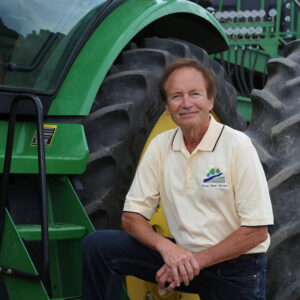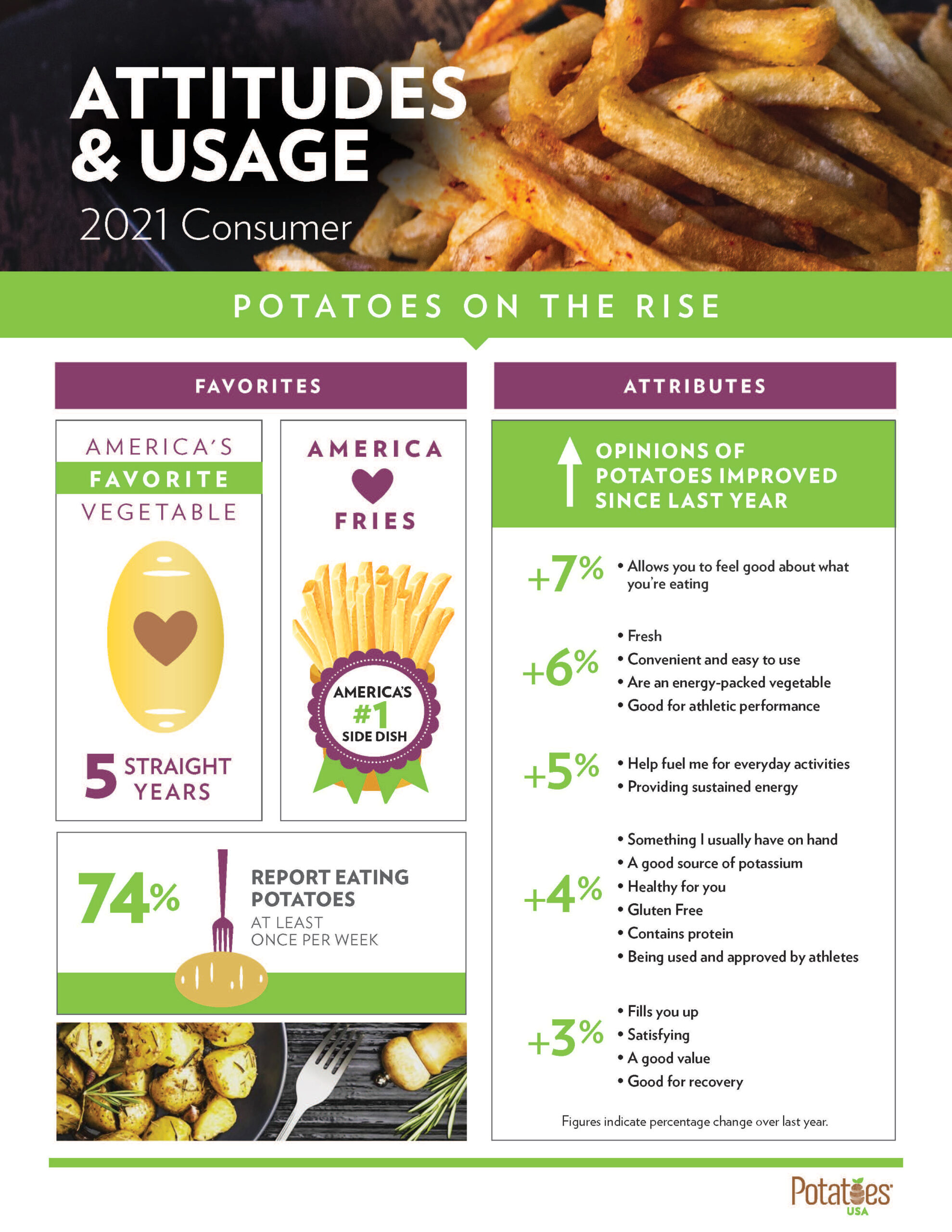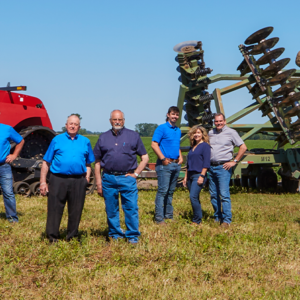
Pollinator habitats have been declining for over 30 years. Forty percent of pollinators are threatened with extinction.
Restoring pollinator habitat helps “future-proof” our food supply and RPE and its parent company, Wysocki Family of Companies, are dedicated to the future of farming.
 Nick Somers of Plover River Farms and partner to RPE, Inc., has been at the forefront of establishing and preserving prairie ground that attracts bees, butterflies and other pollinators in abundance. For nearly two decades, Plover River Farms has managed and preserved 30 acres sectioned into six different pollinator-friendly spots.
Nick Somers of Plover River Farms and partner to RPE, Inc., has been at the forefront of establishing and preserving prairie ground that attracts bees, butterflies and other pollinators in abundance. For nearly two decades, Plover River Farms has managed and preserved 30 acres sectioned into six different pollinator-friendly spots.
The pollinator habitat on Plover River Farms land attracts plenty of Monarch butterflies in addition to the Karner Blue Butterfly, an endangered subspecies of small blue butterfly found in some Great Lakes states. The state of Wisconsin is a stronghold for the endangered Karner Blue Butterfly.
“It’s wonderful to observe when the butterflies converge and the bees are doing their work,” Nick said, noting that the Karner Blue has a particular affinity to Lupines, a sun-loving genus of flowering plants that thrives both in temperate, cool season gardens and dry grassy meadows.
Each fall, Plover River Farms personnel burn prairie ground as part of the cycle of regeneration the following year. Two Plover River Farms staff members are certified to conduct prescribed burns, which …
- Create open pockets of bare ground, increasing seed-to-soil contact for plant species
- Reduce competition for slower-growing native trees that would otherwise be shaded out
- Recycle nutrients from burned fuels back into the soil and
- Reduce the presence of fire-intolerant non-natives by exploiting their sensitivity to heat.
“What the prescribed fire does,” Nick said, “is rejuvenate the prairie for the next year.
“Prescribed burning is a natural and necessary component of ecosystems such as native prairies,” he added. “Our prairies are getting more prolific with increasing pollinator numbers each passing year.”
 Monarch Butterflies are abundant across 30 acres of prairie fields adjacent to land farmed by Plover River Farms, a Paragon Potato Farms “pool grower” and RPE growing partner.
Monarch Butterflies are abundant across 30 acres of prairie fields adjacent to land farmed by Plover River Farms, a Paragon Potato Farms “pool grower” and RPE growing partner.
Prairie habitat at Plover River Farms includes a mixture of grasses, flowering plants and milkweed. Six parcels, mostly on segments of land too small to farm, are among 30 acres that attract bees, butterflies and other pollinators.
Discover more about RPE’s sustainable measures in upcoming RPE Insight editions!
Potato Market Update
 Minimal change in the russet potato world. Supplies are adequate in all shipping areas and pricing remains steady. Currently, there is little upward movement on the larger-sized russet potatoes.
Minimal change in the russet potato world. Supplies are adequate in all shipping areas and pricing remains steady. Currently, there is little upward movement on the larger-sized russet potatoes.
New crop yellow potatoes are available in several areas, like Florida, Arizona, Texas and California. Growers in Florida are winding down on both yellow and red potato supplies, while Texas and Kansas growers will start their season soon. Pricing remains steady.
New crop white potatoes are being shipped from Florida, North Carolina and California with much of the product remaining close to the shipping points.
Florida and California growers have new crop fingerling potatoes with excellent quality. Pricing remains steady on the new crop.
Onion Market Update
 Overall, the onion market remains steady. California’s new crop is currently transiting from the Imperial Valley to San Joaquin Valley. Yellow, red, white and sweet onions are in good supply in all sizes.
Overall, the onion market remains steady. California’s new crop is currently transiting from the Imperial Valley to San Joaquin Valley. Yellow, red, white and sweet onions are in good supply in all sizes.
Sweet onions in the Pacific Northwest are now available! Walla Walla sweet onions as well as other local sweet onion programs are bringing new crops to market.
New crop early onions (overwinters and transplants) will be available from growers in the Columbia Basin in the coming weeks. Storage crop yellow onions are still in supply.
Transportation is continuing to be a challenge in all onion-growing regions, with lower supplies and high market prices.




